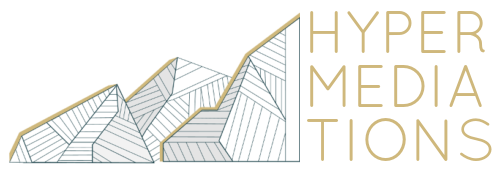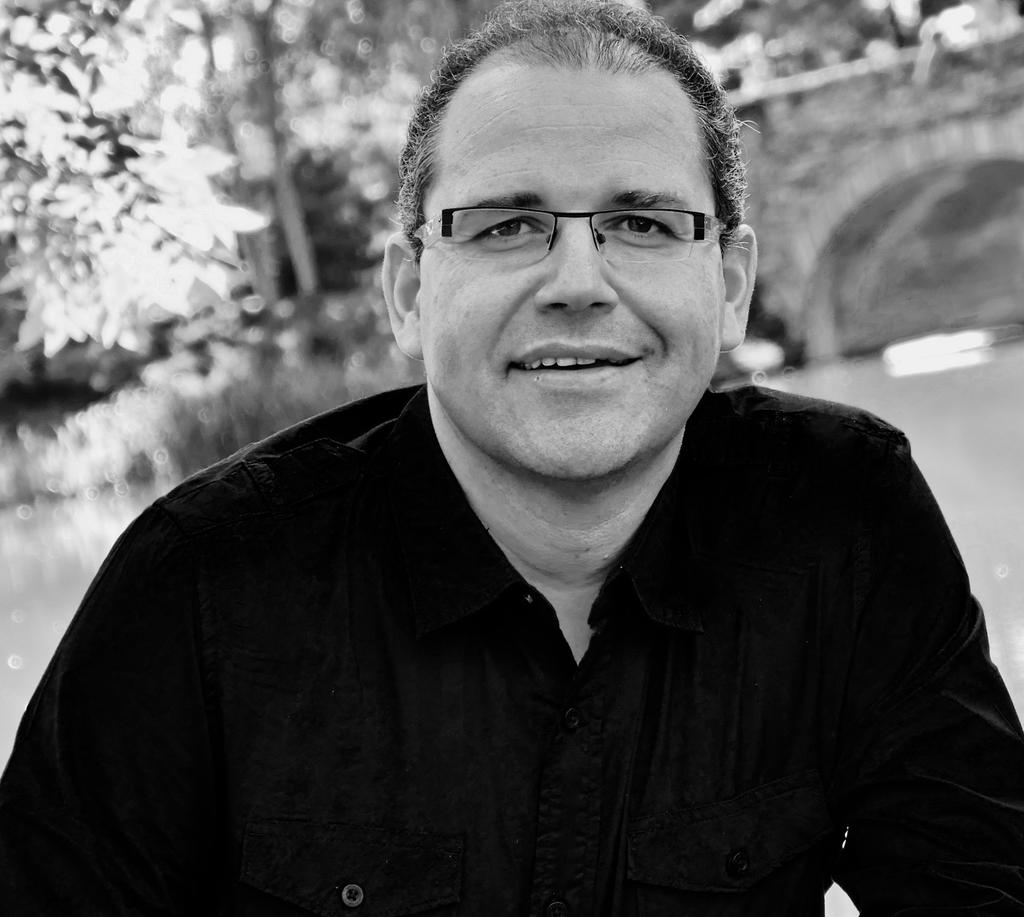“We are the ones we’ve been waiting for”
June JordanIn a discordant world, it may be that the most dissident act is harmony”
Angela Marino
Let’s face it, the roof is on fire, but our hoses boast only trickles of water. We didn’t have to wait for the crisis of today, or the crisis of last year, or that of ten years ago to feel the alarm in our veins, to realize we stand at the edge of a cliff, or to grasp the necessity to change course. An overemphasis on the unique inflictions of our moment will not help us. Crises come and never go. They fall out of view or mutate like the virus confronting us now. In the midst of a perpetual catalog of terror, greed, rage, and bodies still needing to matter, have you paused to ask what is the point of our work, the orientation of our words, and the cost of our jargon? Others worried before us about the predicaments of their time and faced similar challenges about the echo of their labor.
But our problem is not only one of communication and reach. A deeper concern we face has to do with the place of our thinking amidst today’s avalanche of information and expertise, a dizzying speed of data circulation, and changing perceptions of the value of knowledge. IT companies spin endless tales about progress and perfection induced by an endless flow of data; politicians dangerously blur the lines between information and facts; and universities insist they are today’s last refuge from this assault against knowledge.
Where are you?
Amidst these grand statements, slogans, and the new vulnerabilities of knowledge, where are you? Have you thought about why you are here? Do you feel the tension between the urgency of our times and the inaudibility of our thinking? Have you come to terms with what the University has done to us? Has the harshness of this world exhausted you or does it animate you? What injuries does your writing carry? What crises turn up in your work? And what agents of hope do you seek to soften the anxieties of our time?
Notice that it is not a mere reaction I ask of you, nor do I expect an easy or definitive answer to these questions. I raise these grinding questions because curiously in our journey coursing through the university nobody confronts us with these unnamed feelings, these internal struggles condemned by academic rationalities as esoteric and distracting. What if we opened up this semester as a collective to these sentiments of rage, vulnerability, confusion, loss, solidarity, audacity, patience, and hope? What if we initiated a conversation to embrace these feelings and reflect on how they show up or are silenced in our writing and our reading? I long for a space of study where we can explore the full potential of our beings beyond the normative containers in which we are summoned as writers, readers, teachers, and scholars and beyond the unrealistic idioms of unwavering strength and persistent confidence? What if the seminar table that binds us together each week served another purpose of our fellowship?
It is precisely this injunction to find each other in and outside the halls of the university, to foster new solidarities, and locate common resonances that is the sense of urgency we need under duress. The power of coalition and the realization that the urgency of the times come from the moment, as Moten says, we all realize that the situation is “fucked up” for everyone and that others don’t need our help as much as they need our conviction that deprivation is killing us all.
In a sermon he delivered at the Trinity Church in New York City, Moten (2020) reminded congregants of the meaning of fellowship and “why we come together”. In recounting a personal story of how a community in his native Arkansas gathered one day to the surprise of his mother to complete the work on his deceased grandfather’s garden, Moten emphasized the true value of collecting and responding to the call as communities working together not only to overturn the soil and help a family cope with its grief, but to overturn the order of a turbulent world. He says: “…maybe we can begin again deeply to consider what it is to have been called, what it is to have been or be collected, gathered… The readings call upon us to take note of that and not only to wonder at it and be thankful for it, but also to consider what form call and response must take for us now that the world is drowning and burning, freezing and melting, starving and engorging itself all at once.”
Why are you here?
I have come to hate the word ‘research’ for similar reasons. It is too wooden, technical, distant, and too much tainted with convention and privilege. I hate how it sounds when its radical promise is corrupted by the insular bureaucracies of hiring, tenure and promotion and the brutal demands of funding and relevance. Don Byrd said that “poetry was once created in resistance against the alphabet as a medium that had become dangerously fluent.” Research, both the word and the practice, needs a poetic intervention because its fluency robs us of our ability to find harmony in a discordant world, to remain in touch, to be present in the moment so we can labor together and find one another. Like Audre Lorde’s caution that poetry is not a luxury, research should not feel like a luxury either, a kind of high-minded game we play for our intellectual satisfaction. The books we read and write are not meant to be counted, folded, and shelved. Our ideas, our words must live beyond the shadow of an administered view of academia. They must rise and keep rising to hum along with the tune of the world. “Poetry,” Lorde says, “is the way we give name to the nameless so it can be thought…our feelings and the honest exploration of them become sanctuaries and spawning grounds for the most radical and daring of ideas.” Is our work carved from the same energy, the same profound orientation?
What are you reading and writing?
One of our fellows recently asked in a final course project about decolonial pedagogy this most amazing question “can a syllabus hum?” What she meant was whether we “can design a syllabus that has sonic texture”. This makes me think about humming as a Lordean opening of other experiences of learning, of studying together, a kind of epistemic disobedience against a standardized and overly fluent syllabus of scholarly and pedagogical production. What should our syllabi sound like then? Does your writing produce a sound? What do you sound like? What sounds does this moment require of us?
You see, the problem we face is not a mere deficiency of publicness in our work but a serious lack of self-reflexivity about our own praxis. I propose a rebel’s approach, a hacker’s sensibility to our seminar this semester because we all have a debt to each other and to the world around us, a debt, as Fred Moten and Stefano Harney say, without the burden of credit, “without count, without interest, without repayment.” That is a debt lived and shared through the insurgent hospitality of study, the improvisation of thought that does not cohere, and the imagination of action that is unburdened by logisticality.
This perhaps is not a provocation as much as it is an invitation to think, study, write, read, curate, feel, pause, and act in harmony in times deemed urgent. “We are the ones we’ve been waiting for” is not a slogan. It was June Jordan’s salute to the bravery of women in South Africa and their resistance during the dark times of Apartheid. What I retain from it for us is its injunction to heal ourselves as a liberatory practice, its call to trust the tools we have not only to indict the world but to change it for the better. Perhaps the frame of urgency is overdetermined. Maybe injury and defiance are too accentuated as an entry point into study. Maybe the loudness of the world has turned publicness into a tyrannical necessity. We may need to re-center other qualities and habits of being like the ordinary, the quiet, the silent, the shy, the reserved, the incomplete without naïvely muting the hold violence exerts on our existence everyday.
Let us rehearse this form of fellowship together…

